Too Young to Take Over, Too Old to Ignore
I used to think I would cease to be a young playwright in college. Then, I would not only have aged out of all of the dazzling competitions that organized my teenage years, but I would also be eighteen, an age so magical you earned a different driver’s license and could buy a lottery ticket. In high school, I was incredibly lucky—I found a community of young writers who exchanged opportunities the way my sister’s friends exchanged music videos, and I had the extraordinary privilege of participating in programming that supported my passion. Still, I couldn’t wait to shed my “young playwright” skin and try on “emerging” for size, ready to hit up the Lark and Cap Stage and about fifty-odd other opportunities with fervor. I had a full-length play under my belt, a collection of national titles, and the knowledge of how to format a cover letter. I was so ready.
If we can fudge the details of just how old we are and age up our characters, maybe no one will know we’re writing cover letters from our dorms. But what’s lost in the process…might be too high a cost.
Turns out I’d be buying many lottery tickets while in college, though not in the way I expected: to the O’Neill, to the Samuel French Off-Off-Broadway Short Play Festival, et cetera. It also turned out that in the eyes of literary managers, eighteen was definitely not the magic number, and neither was nineteen. I’m guessing twenty won’t be either. In fact, I may not be looking for a magic number so much as three magic letters: M F A, something I won’t have for years.
Without those three letters (or even their lesser counterpart—a completed bachelors), I realize I am going to the bottom of the slush pile. Not only that, but everyone around me seems unsupportive of my endeavors—they insist that I “focus on learning” and developing my voice; that these early efforts should remain in my drawer. And I do that—I crave learning and I carefully evaluate my works and I go to courses and master classes and see everything I can. But I also feel so caged in by this insistence that a girl my age has no business sending her work out there. Save it for your professors, they say, or better yet, your diary. That my plays so often deal with young women—bold, fickle, anxious, excited young women—surely plays a role in that dismissal. Even my peers are skeptical of my decision to start submitting works so early, certain that the gatekeepers of agents and MFAs need to grant me access before I can start sealing envelopes.
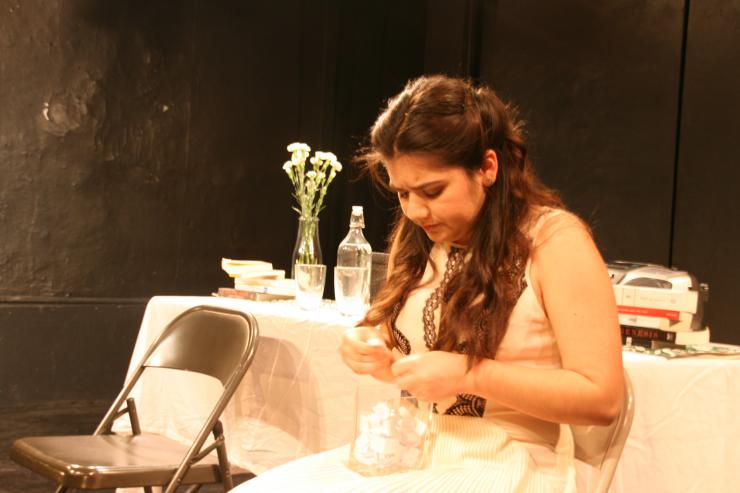
All that would be one thing, I suppose, if the pressure to do more when younger didn’t feel so acute. The same friends who insist I’m too young to submit also joke that a playwright’s life ends at thirty, when they’re not hot and young and should have “emerged” already. (That you can’t apply to Youngblood at Ensemble Studio Theatre anymore doesn’t help.) They know the same facts I do: how old Ruby Rae Spiegel was when she was a Blackburn finalist, how many years out of undergrad Clare Barron won an Obie. They know who the youngest participant in Fringe was and who has an agent already and how one winner of the Relentless Award graduated Class of 2012. They know the clock is ticking.
While companies and writers’ groups brag about younger and younger participants, external forces insist that young writers stick to what they know, focus on learning, and develop their craft. What are college-aged playwrights to do?
For one thing, we learn the tricks of the trade—how to write “BA Yale” at the end of our bios as though that bachelors is completed, how to talk up our high school competitions as legitimate awards, how to format our resumes like the grownups do.
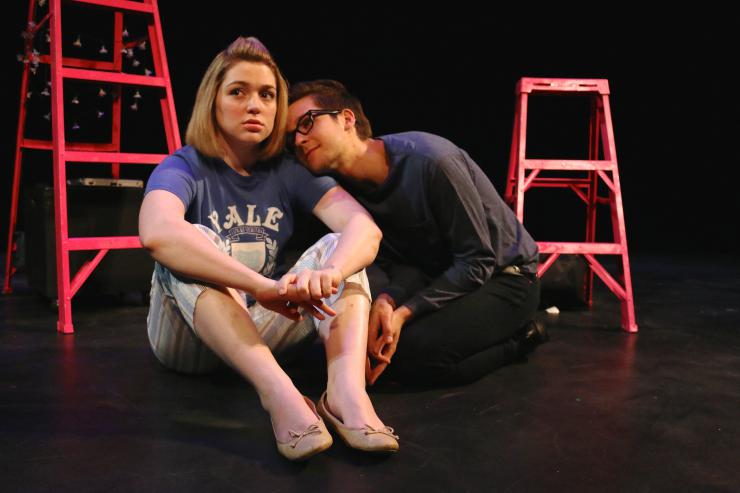
What scares me, however, is how we begin to reshape the stories we’re willing to tell. I’ve seen too many friends change their high school characters into twenty-somethings out of fear of not being taken seriously. If we can fudge the details of just how old we are and age up our characters, maybe no one will know we’re writing cover letters from our dorms. But what’s lost in the process—stories that take place in locker rooms, in school cafeterias, in childhood bedrooms, stories about growing up and getting along—might be too high a cost.
It’s clear that being a college-aged playwright means being stuck in the middle: too young for legitimacy but too old for the same support we had in high school. Back then, our youth presented a privileged minority with summer programs and contests and conferences—now, it boxes us out of opportunities we’re so eager to grab. Until more programming for college-aged playwrights exists, there’s one thing we certainly need to do: keep writing, and keep putting ourselves out there. In order for others to take us seriously, we first need to take ourselves seriously. That means finally taking off the protective blanket of “young” and calling ourselves what we really are: playwrights, plain and simple.

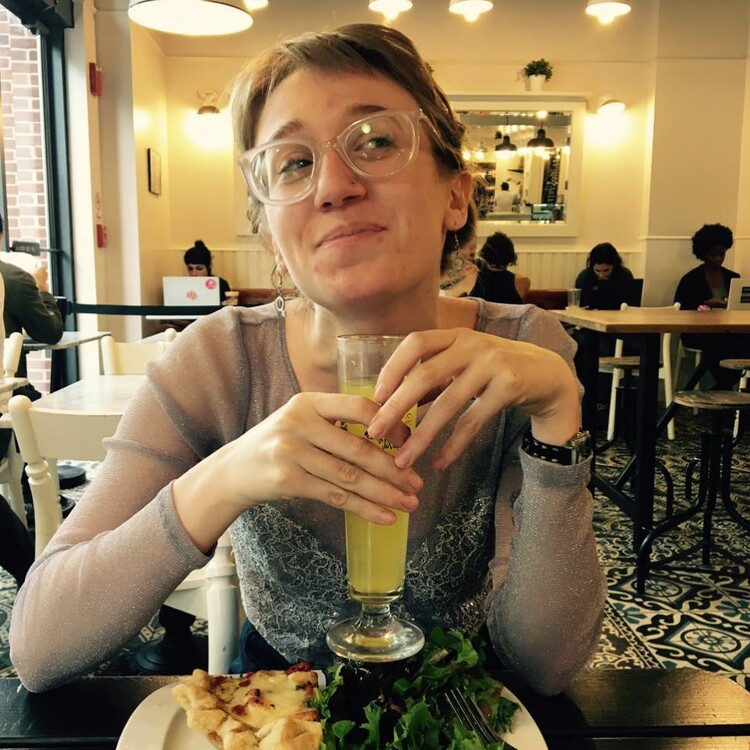
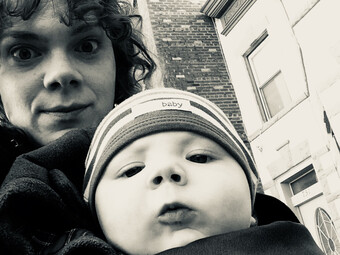

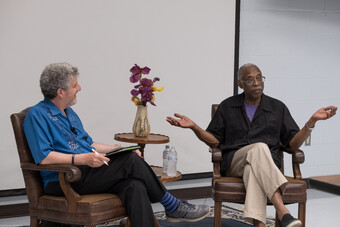

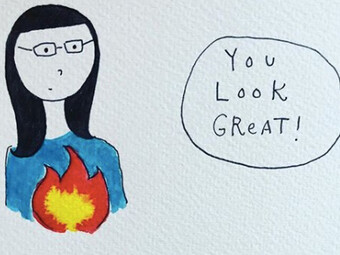


Comments
The article is just the start of the conversation—we want to know what you think about this subject, too! HowlRound is a space for knowledge-sharing, and we welcome spirited, thoughtful, and on-topic dialogue. Find our full comments policy here